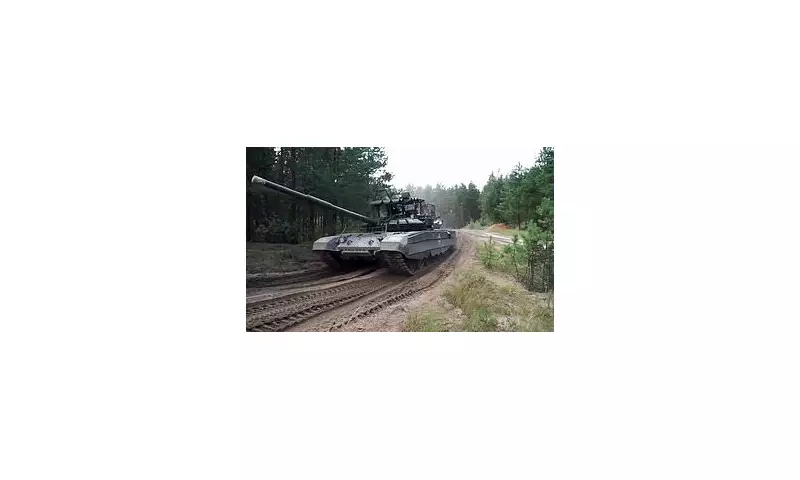
NATO forces are urgently reinforcing the alliance's eastern borders as Vladimir Putin launches provocative nuclear missile drills, raising fears of escalating tensions in Eastern Europe.
The Russian dictator has ordered his military to simulate the use of tactical nuclear weapons in exercises near Ukraine and NATO territories, specifically testing scenarios for delivering battlefield nuclear strikes.
Western Intelligence on High Alert
Western defence officials are closely monitoring the situation after Russia moved tactical nuclear weapons, including missiles and aircraft, to locations closer to Ukraine. Satellite imagery has confirmed unusual military movements in strategic regions.
"We've observed significant activity involving Iskander missile systems and nuclear-capable aircraft in southern Russia," revealed a senior NATO intelligence officer. "These aren't routine exercises—they're sending a deliberate message to the West."
NATO's Immediate Response
The alliance has responded with its own defensive measures:
- Accelerated deployment of additional forces to Eastern European member states
- Enhanced surveillance and intelligence gathering operations
- Increased readiness levels among rapid response units
- Coordination with Ukrainian defence officials
NATO Secretary General emphasised that while the alliance remains defensive, it will not be intimidated by nuclear posturing. "Our exercises are transparent and defensive in nature, unlike Russia's nuclear sabre-rattling," he stated during an emergency briefing.
The Kaliningrad Flashpoint
Of particular concern to military strategists is the Russian exclave of Kaliningrad, wedged between NATO members Poland and Lithuania. The region hosts significant Russian military capabilities, including nuclear-capable systems that could threaten multiple European capitals.
Defence analysts note that Russia's nuclear rhetoric has intensified since its conventional forces struggled against Ukrainian resistance. "This nuclear exercise appears designed to compensate for conventional military failures," noted Dr. Evelyn Crowe, senior defence analyst at the Royal United Services Institute.
International Reaction
The United States has condemned Russia's nuclear posturing as "irresponsible and dangerous." White House officials confirmed they're monitoring the situation but noted no change in Russia's strategic nuclear posture.
European leaders have expressed grave concern, with several calling for emergency consultations at the United Nations Security Council. The exercises come at a particularly sensitive time, with Ukraine continuing to receive Western military support.
As both sides watch each other's movements with heightened vigilance, the international community holds its breath, hoping nuclear rhetoric doesn't escalate into something more tangible in this most dangerous of geopolitical standoffs.





